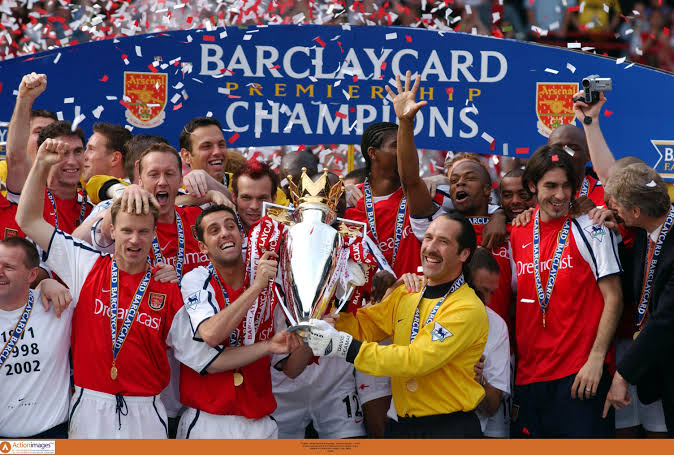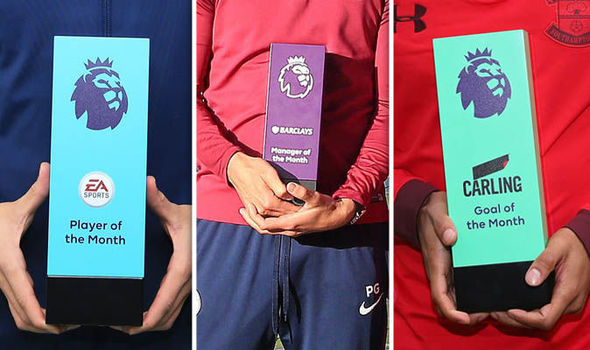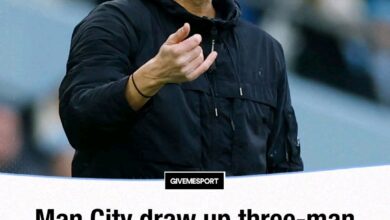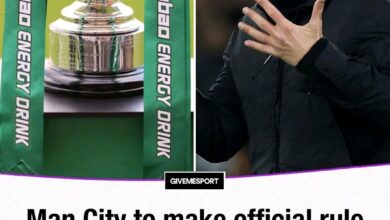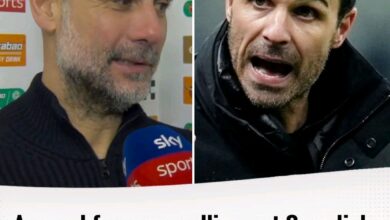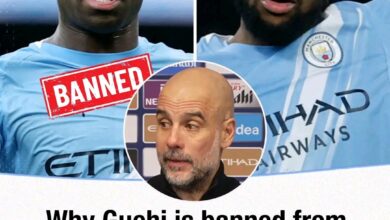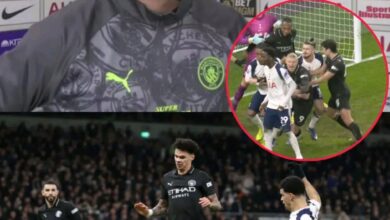Newcastle United fan who was banned from matches over ‘gender critical’ tweets prepares to sue the FA over ‘unlawful’ rainbow armband campaign

Linzi Smith, a 34-year-old Newcastle United supporter, is gearing up for a legal battle against the Football Association (FA), challenging their Rainbow Laces campaign that supports the LGBTQ+ community.
Smith, who has been banned from Newcastle United matches until 2026 due to her ‘gender-critical’ social media posts, has initiated legal proceedings through her lawyers at SinclairsLaw. Her primary contention is that the FA has acted ‘unlawfully’ by encouraging players to wear rainbow-colored accessories during matches.
The Rainbow Laces campaign, launched in 2013 in collaboration with Stonewall and the Premier League, is entirely voluntary. However, Smith claims that wearing these accessories endorses a belief that a person’s gender can differ from their biological sex – a stance she vehemently opposes.
In a strongly worded legal letter, Smith’s representatives argue that accessories conveying political messages are prohibited under FA rules. The legal challenge comes on the heels of recent controversies involving players and rainbow-themed accessories.
Recently, Crystal Palace captain Marc Guehi was reprimanded for writing religious messages on his armband, while Ipswich captain Sam Morsy declined to wear a rainbow armband due to his religious beliefs. Smith’s legal team sees these incidents as highlighting an inconsistent approach by the FA.
The case draws attention to the complex intersection of sports, personal beliefs, and inclusivity. Smith, who describes herself as a ‘gender-critical lesbian’, maintains that her actions are about protecting women’s rights. She believes that individuals born male should not be allowed in women’s protected spaces.
Her legal challenge includes creating a fundraising page to support her case, demonstrating her commitment to pursuing the matter. The action follows her previous legal attempts, including a High Court bid to prevent police forces from participating in activities supportive of trans views.
Smith’s ban from Newcastle United came after an investigation triggered by her social media posts. The club cited a breach of their equality policy, specifically prohibiting ‘discriminatory’ comments. She was subjected to a four-month investigation by the Premier League and was even interviewed by Northumbria Police, though no charges were pursued.
The footballer claims the investigation has significantly impacted her life. She says she’s struggling to find employment, feeling stigmatized by the process and afraid of how she will be perceived.
The FA has maintained a firm stance on the issue. A spokesperson stated: “We believe that football should be for all, and we have supported the Rainbow Laces campaign for over ten years. Together with our partners and leagues across English football, we have helped to promote this inclusive and voluntary campaign to provide allyship to the LGBTQ+ community across all levels of our game.”
Smith argues that the campaign represents a deeply divisive social issue. Her legal team suggests the case could set a precedent in determining whether Pride and its rainbow symbols are considered political statements.
The controversy highlights the ongoing tensions surrounding gender identity, inclusivity, and freedom of expression in sports. It raises complex questions about the boundaries of personal belief, institutional policies, and the role of sporting organizations in social discourse.
As the legal battle unfolds, it promises to draw significant attention to the intersection of sports, personal beliefs, and LGBTQ+ representation. Smith’s case challenges the FA’s approach to inclusivity and could potentially reshape how sports organizations handle similar issues in the future.
The outcome remains to be seen, but one thing is certain: this legal challenge will spark considerable debate about the limits of personal expression and institutional policies in modern sports.
